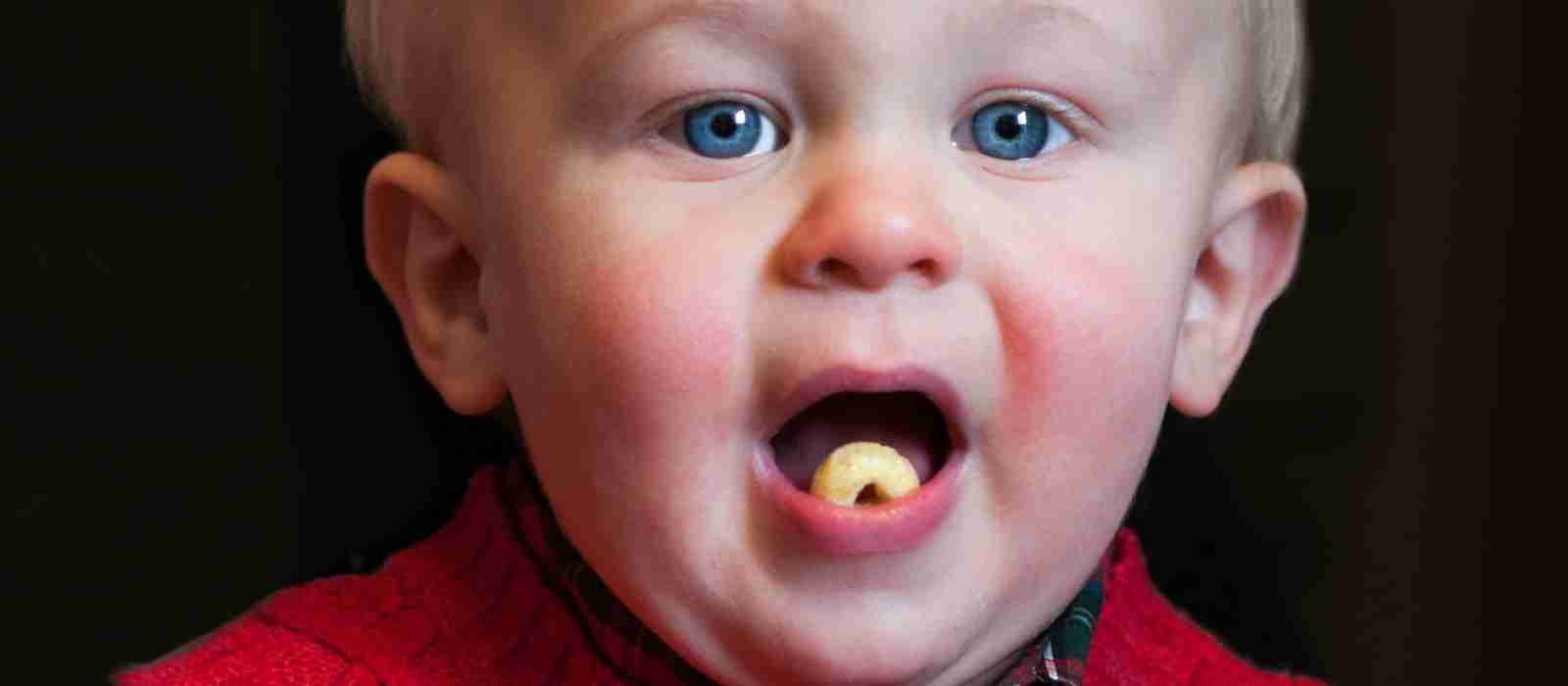Plain (non-honey nut) cheerios are safe for kids to eat from the age they can pick them up and put them in their mouth which is usually about 7-9 months.
If your baby ate some Honey Nut Cheerios, you may be wondering if it’s okay.
The good news is that most babies over 12 months can have Honey Nut Cheerios without any problems. But there are a few things you should know just in case.
We discuss the dangers of honey for babies, and what to do if your child ate some Honey Nut Cheerios.
Can Babies Have Cheerios?
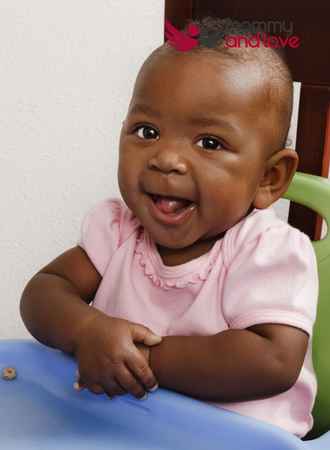
Babies eat cheerios all the time so yes they can have them. Be aware they are processed food and it’s not ideal for babies to have too many sugar cereals.
Original cheerios are fairly safe for young babies.
If you are following a baby-led weaning approach, then you will want to wait until your baby is about seven – ninth months old before introducing cheerios.
Wait until your child can grasp the O shaped infant cereals and put them in their mouth themselves.
The O or doughnut-shaped cereal are actually very good for fine motor skills as the pincer grasp needed to pick them up is a good skill for children.
So whilst they have added sugar in processed forms, they are not a choking hazard and original Cheerios are fine for babies to eat as one of their first solid foods.
Soak them in breast milk or whole milk.
Tell me the ingredients of Cheerios?

The ingredients of Cheerios are as follows: whole grain oats, sugar, honey, salt, Corn starch and vitamin E.
The only ingredient that may be a concern for babies is honey. However, the levels of honey in Cheerios are very low, and it is not likely to cause any problems.
Tripotassium phosphate, a common food ingredient and water-soluble salt used as a preservative, texturizer, and stabilizer, is found in Cheerios (and many other processed foods).
Phosphates are commonly found in processed foods and are generally regarded to be safe in small levels.
However, this is a matter of disagreement among consumer advocacy and food safety groups; when phosphates accumulate in the diet, they can cause issues, especially in newborns and young children.
It is worth noting that the European Food Safety Authority recently issued guidance for the regulation of phosphate food additives, including tripotassium phosphate, expressing concern that these additives may increase total daily phosphorus intake to exceed recommended limits.
Can Babies have Honey Nut Cheerios?
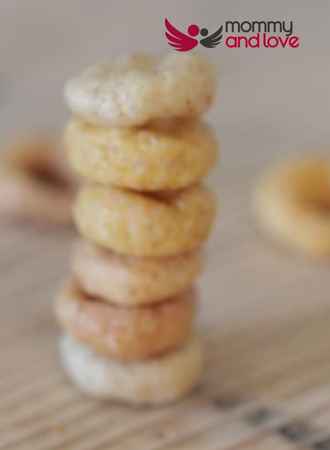
No. It’s probably best to avoid honey nut cheerios altogether until your child is a lot older.
Even processed foods which contain raw honey can carry the botulism spores.
Many people claim that because honey has been treated, it does not contain the deadly ingredient that causes newborn botulism; however, this is not true.
Young babies should not eat honey nut cheerios because honey can be dangerous for young children.
In fact, honey is one of the leading causes of food-related deaths in kids under the age of five.
They do contain actual honey and whilst it used to be believed that baking kills botulism spores the American Academy of Pediatrics has disputed this notion.
They state that botulinum spores can be found in baked goods and processed meals and should not be offered to children under the age of 12 months.
Honey nut cheerios contain honey and nuts. No, most babies can not have Honey Nut Cheerios.
Also, it is important to keep in mind that honey can be dangerous for young children and that the levels of sugar in Honey Nut Cheerios are very low.
Some children may have a nut allergy and should not have Honey Nut Cheerios.
There are plenty other cereals to choose from so its just best to avoid the honey nut cheerio or cereals that contain real honey until they are over 12 months.
What are the dangers of honey for babies?

The dangers of honey for babies are twofold.
First, honey can contain a bacteria called Clostridium botulinum spores.
These botulism spores can cause a rare but serious illness called infant botulism. Clostridium botulinum spores are found in many different types of foods, but honey is one of the most common sources.
Because their digestive systems aren’t evolved enough to manage it, it will create serious problems with both breathing and digestion, potentially leading to constipation, respiratory arrest, or other potentially fatal outcomes.
Second, honey can be a source of high levels of sugar. Too much sugar can lead to problems like obesity and tooth decay.
You must wait a full year since the danger of botulism decreases dramatically around that time because the body is equipped to manage more complex ingredients of food without a sudden and bad reaction like raw honey.
Can babies have honey nut cheerios after 12 months? Probably as long as they don’t have a nut allergy.
What is infant botulism?

Infant botulism is a rare but serious illness that can be caused by the bacteria Clostridium botulinum.
This bacteria can be found in honey and other foods. Infant botulism typically affects young children under the age of five.
The symptoms of infant botulism include weakness, poor feeding, constipation, and a weak cry. Infant botulism can be treated with antibiotics, but it can also lead to death in some cases.
Botulism is caused by Clostridium botulinum, a naturally occurring bacteria in soil.
Under the correct circumstances, Clostridium botulinum spores can create botulinum toxin.
Foodborne botulism occurs when a person of any age consumes preformed botulinum toxin from food.
Botulism is a poison whose effects impede and, in some cases, stop body systems ranging from muscles and breathing to digestion, causing a kid to become distressed if not treated quickly.
While its effects can be managed and completely eradicated if you act promptly, they can also create substantial problems and even lead to death if not addressed appropriately.
Infants can catch foodborne botulism, but it’s unlikely since they don’t eat solid meals.
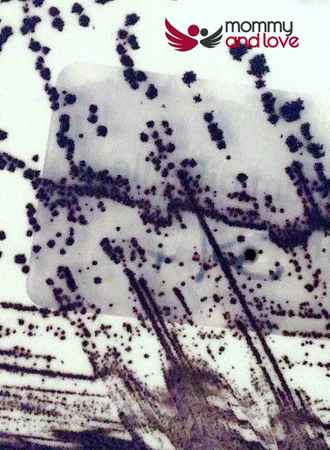
The Clostridium botulinum spores themselves are a greater danger for newborns.
Clostridium botulinum spores can be consumed safely by children and adults with healthy digestive systems.
Infants lack developed intestines to combat the spores, which persist and generate botulinum toxin.
It was thought heat kills botulism toxin but this has been found to be incorrect so when it comes to your child’s health it’s much better to be safe than sorry.
What should I do if my child ate some Honey Nut Cheerios?

If your child ate some Honey Nut Cheerios, the best thing to do is call your pediatrician.
Your doctor will be able to advise you on what to do next.
In most cases, there is no need for concern.
However, if your child has any of the symptoms of infant botulism, you will need to seek medical help right away.
But let’s be clear, cases of infant botulism are VERY rare. So don’t panic! Plenty children eat honey nut cheerios and are fine.
Do Cheerios contain GMOs?
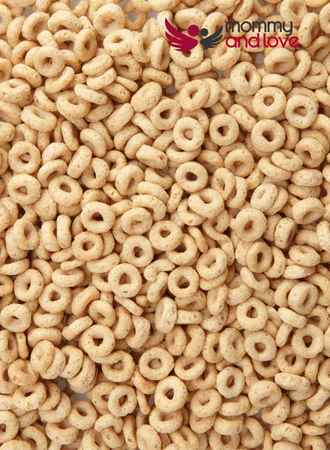
Cheerios are non-GMO, according to General Mills, yet they are manufactured from oats in the first place! General Mills has recently made it known that the original Cheerios cereal is non-GMO.
This suggests that other cheerios are GMO which is highly likely given the oats included.
What about glyphosate in Cheerios?
Whilst not listed on the packet, sadly these are in Cheerios according to the latest research.
The EWG discovered that glyphosate levels in Cheerios were 729 ppb and 833 ppb in Honey Nut Cheerios Medley Crunch.
According to the EWG, the greatest amount safe for children’s diet is 160 ppb.
Are Cheerios choking hazards?
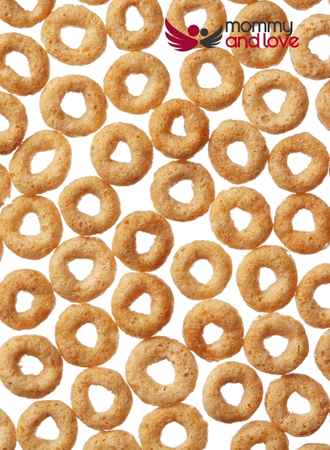
If your baby can pick the cheerios up and put them in their mouth they should be fine.
Because they are O shaped they are not choking hazards.
If you notice Cheerios adhering to your baby’s tongue and causing gagging, soak them in breastmilk, formula, cow’s milk, or water.
A Cheerio is a dissolvable snack that requires only a tiny amount of liquid (or saliva) to become mushy, needing little chewing or mashing to move the food in the mouth before swallowing.
Read our guide to baby led weaning and choking hazards for more information.
Can babies be allergic to Cheerios??
Yes, babies can be allergic to Cheerios. The most common allergy is a nut allergy. If your child has a nut allergy, you should not give them Honey Nut Cheerios.
Is Cheerios healthy for babies?
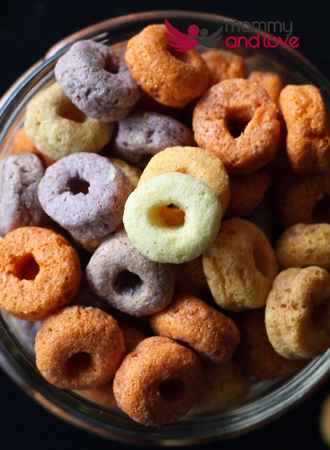
When it comes to baby nutrition, we want to focus on foods rich in fat to support cell growth and structure, foods high in protein, and foods high in fiber.
While Cheerios include fortified iron, they lack the fat, protein, and fiber levels that we prefer in baby and toddler diet.
To prevent picky eating, it is best to avoid processed meals (including puffs) in favor of full, fresh foods for as long as possible.
When babies become accustomed to processed meals, it can be difficult to wean them off of them.
Tell me the best way to introduce honey to a child?

The best way to introduce honey to a child is by giving them a very small amount at first once they are over 12 months old.
You can then increase the amount as the child gets older.
It’s important to keep in mind that honey should not be given to children under the age of one year old. Early exposure to raw honey can cause issues as detailed above.
Can I give my baby other foods with raw honey?
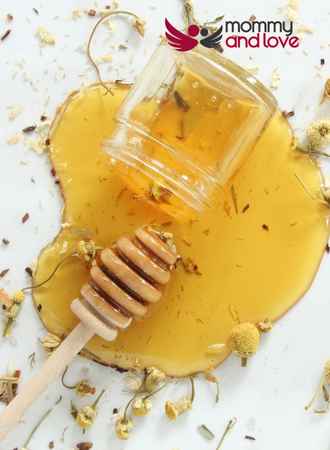
If your child is under 12 months, NO. If your child is over 12 months old then yes, you can give your baby other foods with honey.
It is important to keep in mind that honey should not be given to children under the age of one year old.
If you are unsure about whether or not a food contains honey, it is best to avoid giving it to your child.
Once your doctor has given you the all-clear for solid meals, stick to little finger foods that don’t include anything harmful to your child’s health and components that support baby-led weaning.
The Bottom Line on Cheerios for Babies
Babies can eat regular cheerios, they are not a choking hazard but they are a processed cereal.
However, when it comes to honey nut cheerios these are not advised for kids under 12 months old.
Honey nut cheerios may, in extremely rare cases, cause infant botulism due to the presence of raw honey.
If you are concerned talk to your doctor or just look for other cereals without high sugar content.

